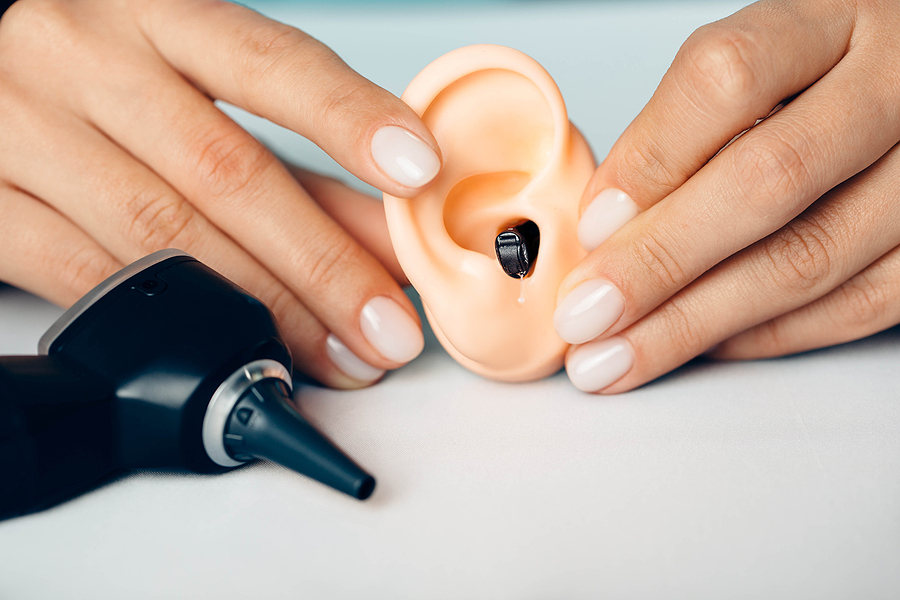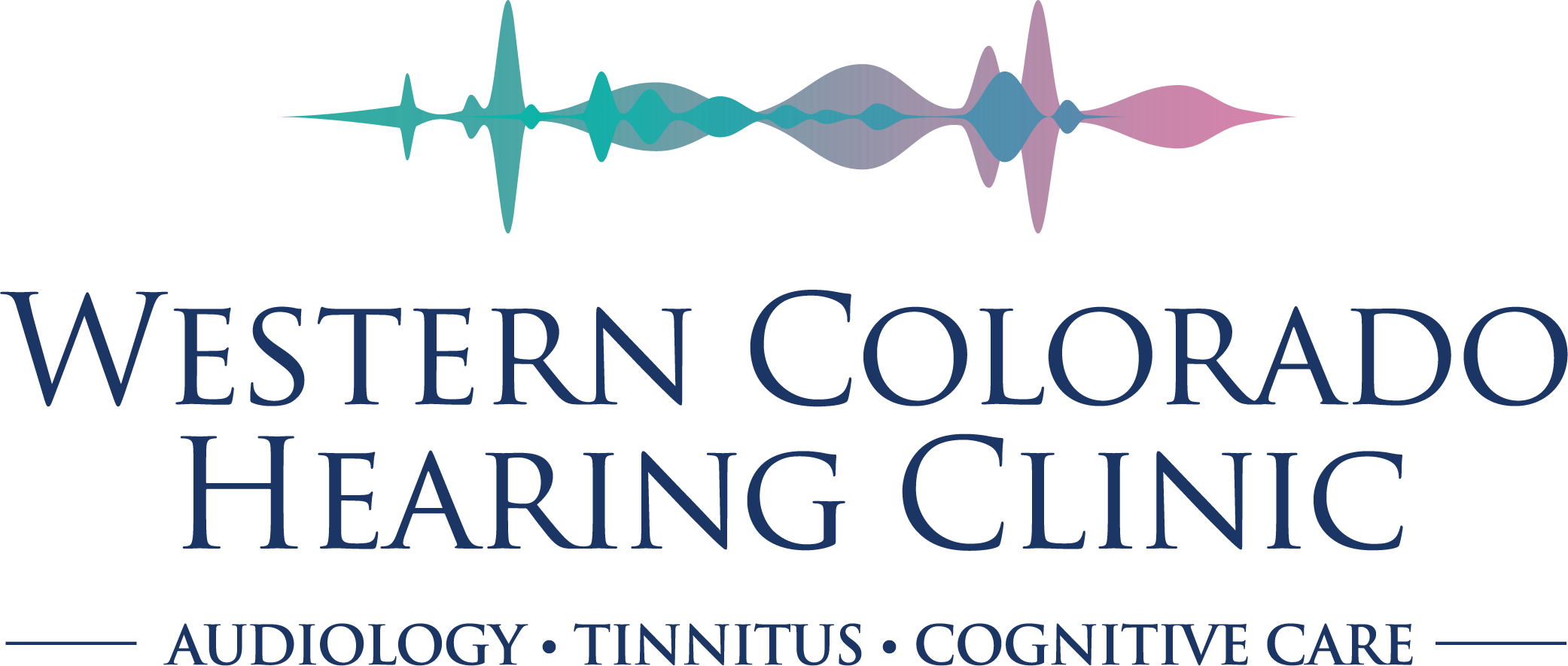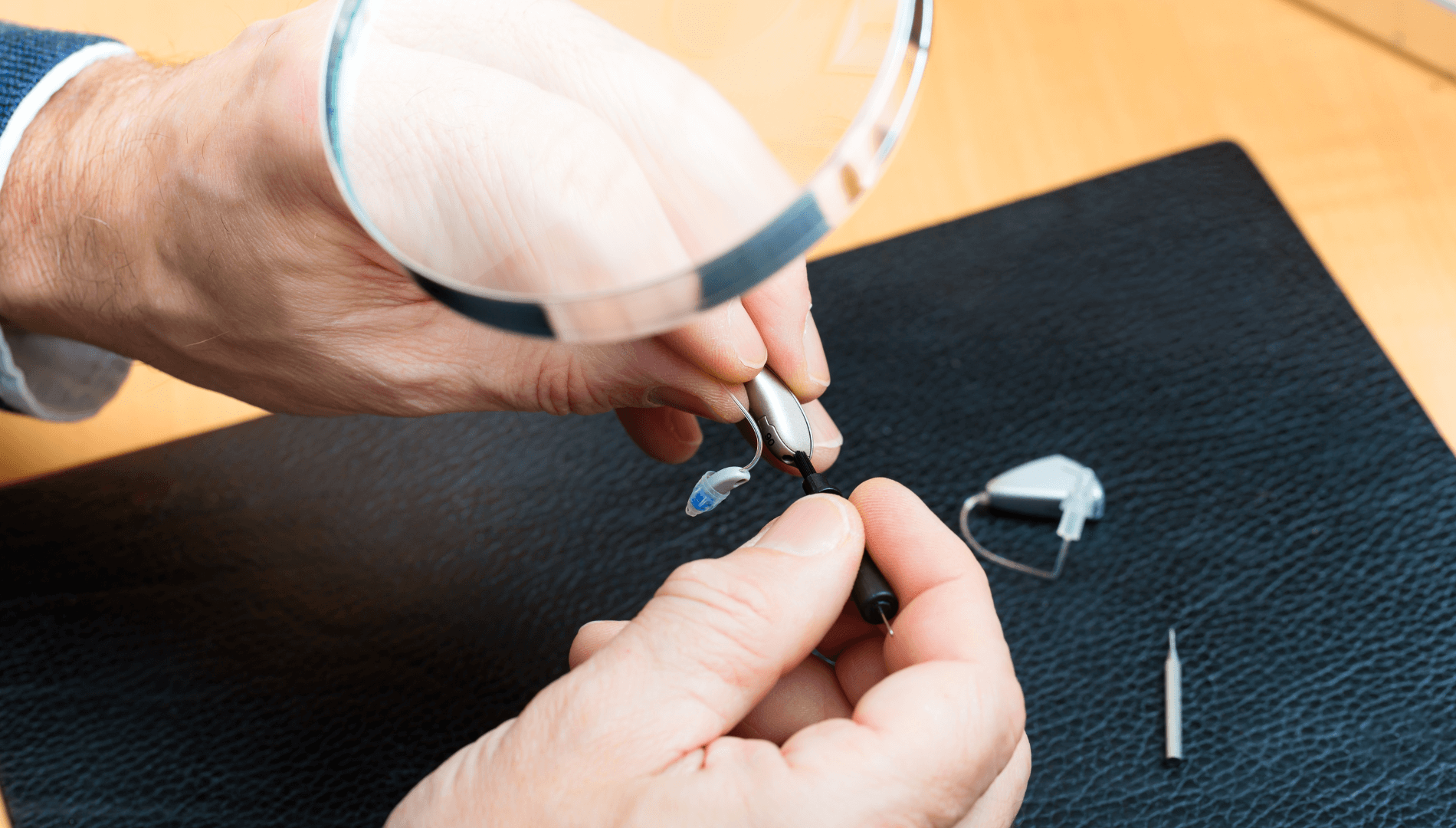We Moved! Visit us at
605 25 Rd, #100, Grand Junction, CO 81505
Hearing Aids vs Hearing Amplifiers
Return to Blog

Hearing Aids vs Hearing Amplifiers
When it comes to managing hearing loss, understanding the nuances between hearing aids and hearing amplifiers is essential. Hearing aids are sophisticated electronic devices specifically designed to address various degrees of hearing loss. They are custom-fitted to the wearer’s ear and programmed to deliver optimal amplification tailored to their unique hearing profile. Hearing aids come in a variety of styles, from behind-the-ear to completely-in-canal, and offer advanced features like noise reduction, directional microphones, and Bluetooth connectivity.
Exploring How Hearing Aids Work
Hearing aids function by capturing sounds through a microphone, processing them using advanced digital signal processing technology, and delivering amplified sound to the wearer’s ear through a speaker. The amplification is finely tuned to enhance speech clarity and overall sound quality while minimizing background noise and feedback. Additionally, modern hearing aids are equipped with automatic programming that adjusts settings based on the wearer’s environment, ensuring optimal performance in various listening situations.
Introducing Hearing Amplifiers
In contrast to hearing aids, hearing amplifiers, also known as personal sound amplification products (PSAPs), are non-prescription devices designed to amplify environmental sounds for individuals with mild to moderate hearing loss. They are available over-the-counter and do not require custom fitting or professional programming. Hearing amplifiers are typically less expensive than hearing aids and may appeal to individuals seeking an affordable hearing enhancement solution.
Key Differences Between Hearing Aids and Hearing Amplifiers
While both hearing aids and hearing amplifiers serve the purpose of amplifying sound, there are significant differences between the two types of devices. Hearing aids are classified as medical devices regulated by the Food and Drug Administration (FDA) and are subject to rigorous testing and quality standards. They are specifically designed to address hearing loss and are available by prescription only.
On the other hand, hearing amplifiers are not regulated as medical devices and are intended for recreational use rather than hearing rehabilitation. They lack the customization and programming capabilities of hearing aids and may not provide optimal amplification for individuals with more severe hearing loss. Additionally, hearing amplifiers may amplify all sounds indiscriminately, including background noise, which can potentially be detrimental to the wearer’s listening experience.
Determining the Right Solution for You
When considering whether to invest in hearing aids or hearing amplifiers, several factors should be taken into account. These include the severity of your hearing loss, your lifestyle and communication needs, your budget, and your preferences regarding device features and functionality.
Navigating the differences between hearing aids and hearing amplifiers is essential for individuals seeking solutions to address their hearing loss. Ultimately, consulting with a hearing healthcare professional is the best way to determine the most suitable solution to optimize your hearing health!



